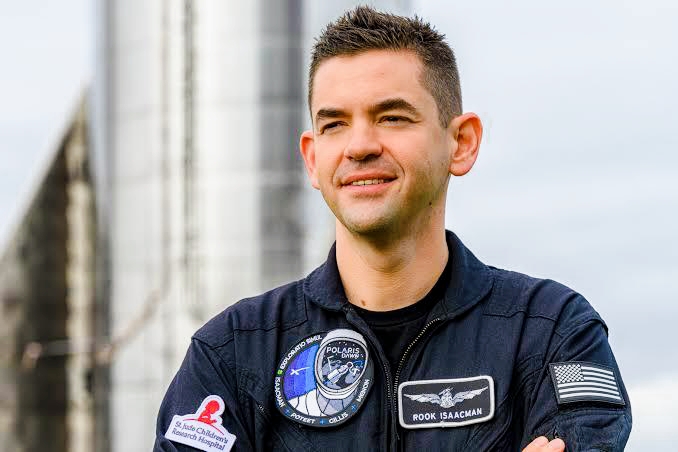Trump Opens a "New NASA Era" by Appointing Musk's Friend as Agency Director

In a surprising move that reignited the debate over the White House's relationship with the private space sector, U.S. President Donald Trump announced on Tuesday, via his platform "Truth Social," the re-nomination of billionaire Jared Isaacman, one of the closest associates of businessman Elon Musk, to take over as director of the U.S. space agency "NASA," after having withdrawn his nomination last May.
Trump said in his post: "Isaacman is the perfect person to lead NASA into a new and bold era. His passion for space, experience as an astronaut, and dedication to exploring the unknown and enhancing the new space economy make him the ideal choice for this mission."
This decision comes after months of political tension, as Trump had canceled Isaacman's nomination last May, accusing him of making donations to several prominent Democrats, stating at the time: "I do not find it appropriate for a very close friend of Musk, who works in the space sector, to lead NASA."
However, the Republican president seems to have changed his position again, asserting that the United States needs "bold and creative" leadership to push the boundaries of exploration into new horizons.
Should the Senate approve the appointment, Isaacman will succeed Transportation Secretary Sean Duffy, who currently serves as the agency's interim director.
It is worth noting that Isaacman (42 years old), founder of "Shift 4 Payments," has emerged in recent years as one of the leading entrepreneurs in the commercial space sector, thanks to his close collaboration with Elon Musk's "SpaceX."
He made history last September when he became the first non-professional civilian to conduct a spacewalk, after exiting the "Crew Dragon" spacecraft to view Earth from orbit while holding onto the spacecraft's exterior structure.
The relationship between Trump and Musk has seen fluctuating phases; after a public clash over the federal budget bill, the waters returned to normal with Musk's strong support for Trump's election campaign.
It is noted that Musk donated over $270 million to the Republican president's campaign, chaired the "Government Efficiency Committee" formed by Trump to reduce federal spending, and was a regular guest in the Oval Office.
While the American space community awaits Senate approval of the appointment, observers believe this step could represent a significant shift in NASA's direction towards broader collaboration with the private sector, especially with companies like "SpaceX," as Washington seeks to expand its influence in the global space race.
